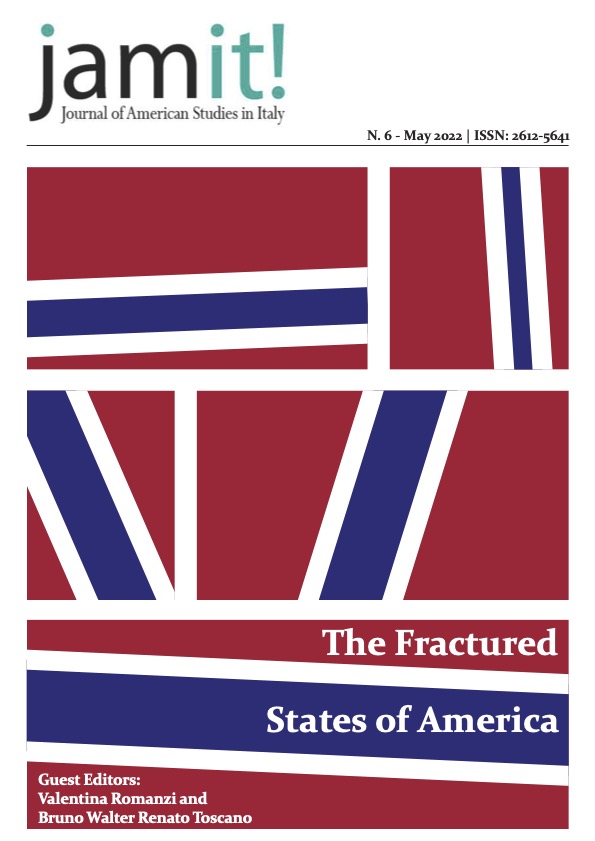The American Butterfly
Reflections of the Other and Self in Film Adaptations of “Madame Butterfly”
DOI:
https://doi.org/10.13135/2612-5641/6083Keywords:
Film, Madame Butterfly, OrientalismAbstract
“Madame Butterfly” is integral to U.S. folklore. The initial short story, written by an American novelist, has been adapted numerous times across a variety of media, including literature, theatre, and film. The tragic narrative of an Asian woman (originally, but not always, Japanese) who dies over the unrequited love of an American officer continues to provoke. It exemplifies the orientalist attitudes of early 20th century, and its enduring presence in U.S. popular culture signifies the persistence of such attitudes.
This project engages several early Hollywood adaptations of the Butterfly tradition: Madame Butterfly (1915), Toll of the Sea (1922), and Madame Butterfly (1932). Through a cross analysis of the orientalist discourse in these films, contextualized by historical U.S.-Asia Pacific relations, I examine how the Butterfly narrative evolves, and how it helped define American identity. The intention of this project is not simply to examine U.S. projection of the “Orient,” but how this projection reflects the American self.
To accomplish this task, I put forth several arguments. First, I examine the ways in which these three films reflect and construct an American perception of the “Orient.” Second, I complicate the popular press’ discourse of “authenticity” surrounding these films, specifically with regard to their evolving technology. Ultimately, I posit that a sympathetic narrative coupled with a belief in its authenticity, justified imperialist tendencies, reinforced the “benevolent” in benevolent assimilation, and reinscribed American moral dominion and authority. The United States constructed its cultural identity on the back of its imagined enemy Orient.
Downloads
Published
Issue
Section
License
Authors who publish with this journal agree to the following terms:
- Authors retain the copyright and full publishing rights for their submissions to the journal.
- Authors grant the journal right of first publication with the work simultaneously licensed under a Creative Commons Attribution-NonCommercial-NoDerivatives 4.0 International License that allows others to share unedited work for non-commercial purposes with an acknowledgement of the work's authorship and initial publication in this journal.
- Authors are able to enter into separate, additional contractual arrangements for the non-exclusive distribution of the journal's published version of the work (e.g., post it to an institutional repository or publish it in a book), with an acknowledgement of its initial publication in this journal.
- Authors are permitted and encouraged to post their work online (e.g., in institutional repositories or on their website) prior to and during the submission process, as it can lead to productive exchanges, as well as earlier and greater citation of published work (See The Effect of Open Access).





